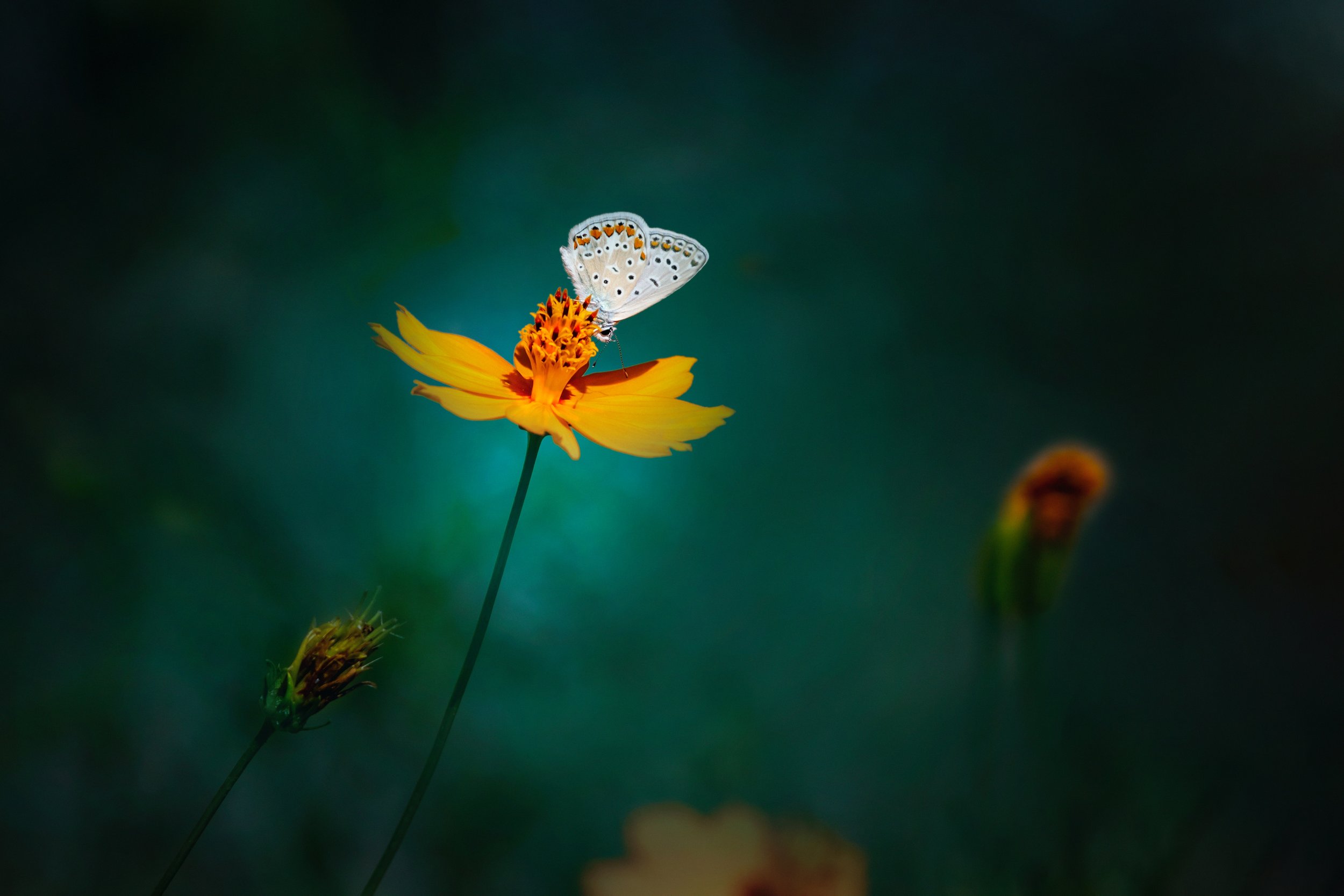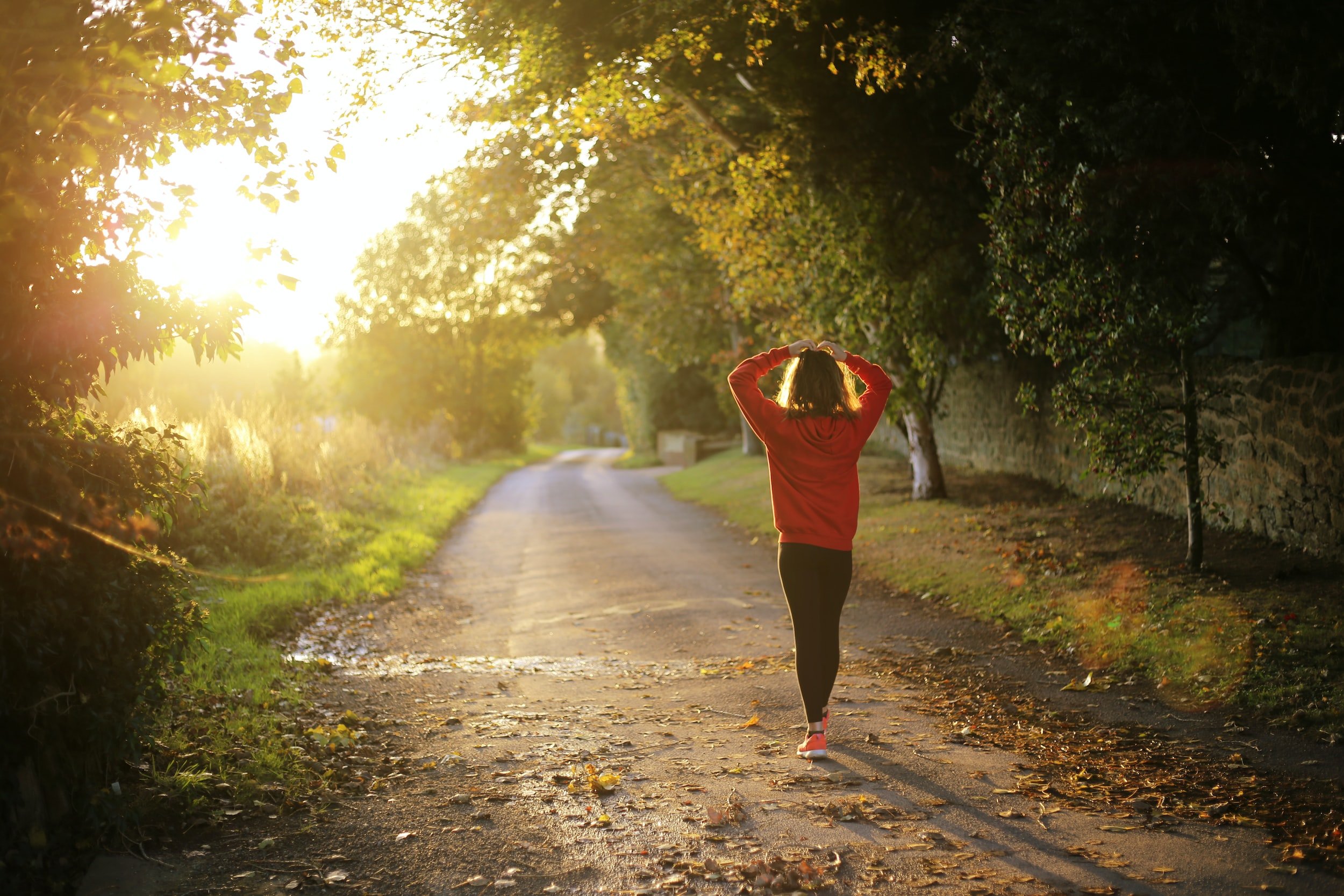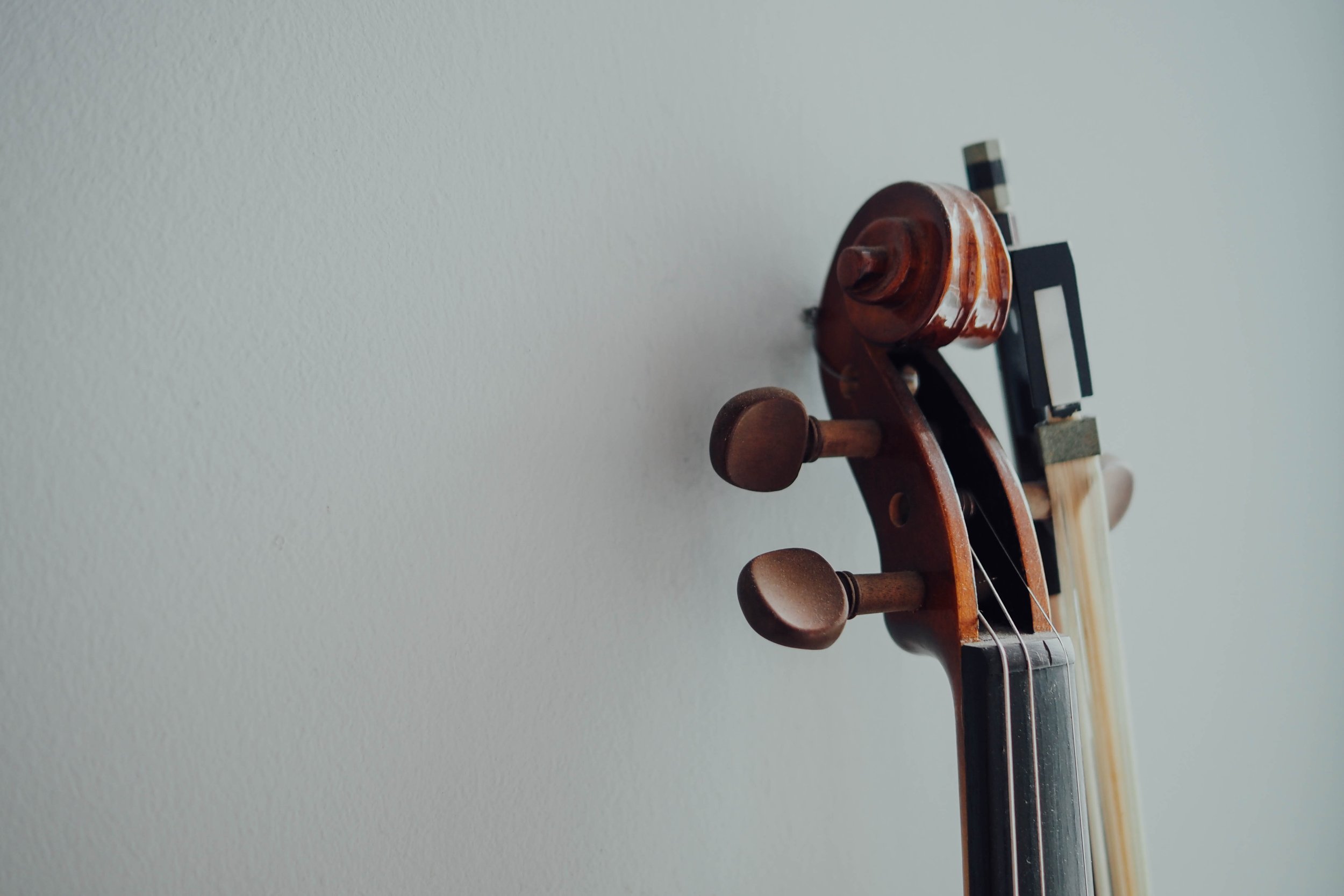Our Work
Our work showcases the research and insights of our remarkable community. Share your work with ASO by collaborating here. Subscribe to our free newsletter by clicking here.

Embodied practices, the Alexander Technique, and self-compassion: An interview with Lisa Harris
“Can embodied practices, on their own, affect self-compassion?” This month we release an interview with Lisa Harris MSc, MSTAT about her unique MSc thesis which is entitled "An Exploration of Embodied Movement Practices as a Route to Self-Compassion”.

‘What on earth do we do with this data?’ Two experiences of writing up research for publication
This post introduces two new research articles based on the same data set but which adopted quite different approaches to writing up for publication. The papers are titled: Extending understanding of ‘care’ as an embodied phenomenon: Alexander Technique teacher perspectives on restoring carers to themselves, and ‘I am teaching them and they are teaching me’: Experiences of teaching Alexander Technique to people with dementia.

Alexander Technique group lessons in an exercise program for women following treatment for breast cancer: An Interview with Alazne Larrinaga
This month we release an interview with Alazne Larrinaga, an Alexander Technique teacher based in Galway, Ireland. Alazne talks about her MSc research project where she introduced Alexander Technique group lessons into an exercise program for women following treatment for breast cancer.

A New Alexander Technique Publication in the British Medical Journal on Low Back Pain: An Interview with Carolyn Nicholls
This month we release a talk with Carolyn Nicholls about a helpful and first-of-its-kind research project for the Alexander world that achieved publication in the prestigious British Medical Journal in 2021.
Led by Joseph Little, this research paper helps us understand the effects of a combination of Alexander Technique private lessons and group teaching on low back pain and demonstrated significant positive results.

The Healthy Young Musician Project: Alexander Technique Research at the Royal Academy of Music
This month we release a discussion about the Healthy Young Musicians research project carried out at the Junior Royal Academy of Music in the UK. This innovative project involved a series of Alexander Technique group lessons for young musicians at the Academy and included a research study running alongside to assess student change and progress in terms of mindset, health, and well-being. The collaborative approach taken by presenters helps pave the way for greater health in young musicians and demonstrates interdisciplinary collaboration as a modern and positively impactful way to better understand and share the Alexander Technique.

Violin, Science, and the Alexander Technique: An Interview with Researcher Alison Loram and Special Guests
This edition releases a fascinating conversation that lies at the intersection between science, music, and the Alexander Technique. Centered around Alison Loram’s research with violinists titled ‘Proactive Selective Inhibition Targeted at the Neck Muscles: This Proximal Constraint Facilitates Learning and Regulates Global Control’ Gabriella Minnes Brandes leads a discussion that spans personal reflection, technical insight, and rigorous research with three professional musicians: Alison Loram, Joan Blackman, and Domagoj Ivanovic.

Is it time to take stock of Alexander Teacher education? Research offers the means whereby.
Technological advances combined with the Covid-19 pandemic have brought about new practices in AT teaching and teacher education that were unimaginable only a few years ago. This month we release three videos in which Terry Fitzgerald PhD, MAusSTAT shares his insights and thoughts on Alexander Technique teacher training informed by his 2007 doctoral thesis that examined AT teacher education in the first decade of the millennium.

A Technique for Musicians
This month we release a paper written specifically for ASO by Malcolm Williamson (MSTAT). Malcolm played the viola professionally for over twenty years and draws on his extensive knowledge of the writings of F.M. Alexander and others to share his insights from working with students at the Royal Northern College of Music and professional musicians.
“By ‘sticking to principle’, as we say, we gradually and surely develop new ways of being true to ourselves, responding each time in ways that (re-)affirm the integrity of you as a person.”

Psychological and other ‘non-physical’ changes following Alexander Technique lessons
Many AT teachers will tell you that learning and applying the AT is helpful for stress, anxiety, and wellbeing, however until now the research evidence for these types of outcomes has never been put together and highlighted. In this 19th edition, Debbie Kinsey (PhD, ClinPsyD) and Lesley Glover (PhD, MSTAT) help summarise their recently published realist review on psychological and other ‘non-physical’ changes following Alexander Technique lessons.

Finale - Working With Musicians: Application of The Alexander Technique to Music Making Part III
This 18th newsletter is the finale of a series on the Alexander Technique and music making. It includes the final two video interviews between Dr Gabriella Minnes Brandes (CANSTAT, STAT, AMSAT, ATI) and Lorna McGhee, principal flute of the Pittsburgh Symphony Orchestra, adjunct music professor at Carnegie Mellon University, and Alexander Technique student.

Working With Musicians - Application of The Alexander Technique to Music Making Part II
This 17th newsletter continues a fascinating series on the Alexander Technique and music making. It includes the first two video interviews of a four part series between Dr Gabriella Minnes Brandes (CANSTAT, STAT, AMSAT, ATI) and Lorna McGhee, a professional musician, adjunct music professor at Carnegie Mellon University, and Alexander Technique student.

Working With Musicians - The Application of The Alexander Technique to Music Making Part I
This 16th edition of the Alexander Studies Online (ASO) newsletter is the first of a series of blogs that focuses on the Alexander Technique and music making. This month begins with an introductory video, and a paper by Dr Gabriella Minnes Brandes (CANSTAT, STAT, AMSAT, ATI) that includes three video interviews between Gabriella and Jennifer Condie, a musician and Alexander Technique pupil of Gabriella’s.

One year into the Alexander Studies Online project - how are we doing?
In this 15th edition of the Alexander Studies Online (ASO) newsletter we reflect on a year of progress and learning, think about next steps for the year to come, and reach out you - the ASO community - for your thoughts.

How Women Use The Alexander Technique In The First Year After Birth Part III
In the third and final interview of this three part series, Nicola Hanefeld, PhD, overseas MSTAT, talks with Lesley Glover, PhD, MSTAT, about conclusions from her PhD studies at the University of Hull which Lesley supervised. The subject of the studies was womens’ experiences of using the AT in the postpartum. This is the 14th edition of the ASO newsletter

How Women Use The Alexander Technique In The First Year After Birth Part II
In this 13th edition of the ASO newsletter Nicola Hanefeld, PhD, overseas MSTAT, talks with Lesley Glover, PhD, MSTAT, about the second study of her PhD at the University of Hull in which women without previous experience of the Alexander Technique were given access to a postpartum online self-care package. This mixed-methods study produced some surprising data; the online approach was forced by the pandemic.

How Women Use The Alexander Technique In The First Year After Birth
In this 12th edition of the Alexander Studies Online (ASO) newsletter the Researcher Interview Series returns to explore new research into how women use the Alexander Technique in the potentially challenging postpartum phase of life. This month we release the first of three interviews that focus on the research of Nicola Hanefeld, PhD, overseas MSTAT, which took place at the University of Hull, UK, from 2017-2021.

Building a new, open-access database of Alexander Technique research.
In this 11th edition of the Alexander Studies Online (ASO) newsletter we take a look at the developing ASO Research Collections project and the newly released Alexander Technique online Zotero library; a growing list of peer reviewed research on the Alexander Technique, PhD and Masters theses, and more.

Looking both ways: A new teacher’s perspective on uncertainty
For the 10th edition of the ASO blog we are posting an article by Polly Waterfield MSTAT, written in 2006 and originally published in the journal Conscious Control. Composed in the space between completing her Alexander Technique teacher training and being on the cusp of starting out in her teaching practice, the article articulates a personal exploration of her lived experience as she moves into the world of a graduated teacher.

ATLAS commentary Parts III and IV
This blog makes up the final two interviews of the series in which Julia Woodman BSc, PhD, MSTAT talks about the ATLAS trail with Charlotte Woods EdD, MSTAT. They delve into the background to this important trial and review the findings, including looking at the experiences of the participants in the trial. They also discuss how ATLAS sits alongside the ATEAM trial to form the foundation of the evidence base for the effectiveness of Alexander lessons.

ATLAS commentary Parts I and II
In the first two videos of a series of four interviews, Julia Woodman BSc, PhD, MSTAT talks about the ATLAS neck pain trial with Charlotte Woods EdD, MSTAT. They delve into the background to this important trial and review the findings, including looking at the experiences of the participants in the trial. They also discuss how ATLAS sits alongside the ATEAM trial to form the foundation of the evidence base for the effectiveness of Alexander lessons.
Categories
Tag Cloud
- 2023
- aging
- Alexander Technique and Pain
- Alexander Technique Literature
- Annual review
- Annual review 2024
- ATEAM Trial
- ATLAS Trial
- Back Pain
- Back pain
- books
- Books
- Breathing
- Caregivers
- chronic pain
- compassion
- Curriculum
- Dance
- Dementia
- Disciplined Inquiry
- Education
- Embodiment
- Health Outcomes
- interviews
- Lived experience
- Motor Control
- Musicians
- Neck Pain
- Opera
- outcome measures
- Pain management
- pain research
- Parkinson's Disease
- Performing arts
- Pilot Study
- podcast
- poise
- Postpartum
- Posture
- Scientific Research
- Self-care
- Self-efficacy
- Spirituality
- Teacher Training
- Teaching
- Theoretical Research
- Voice
- Wellness
- Women